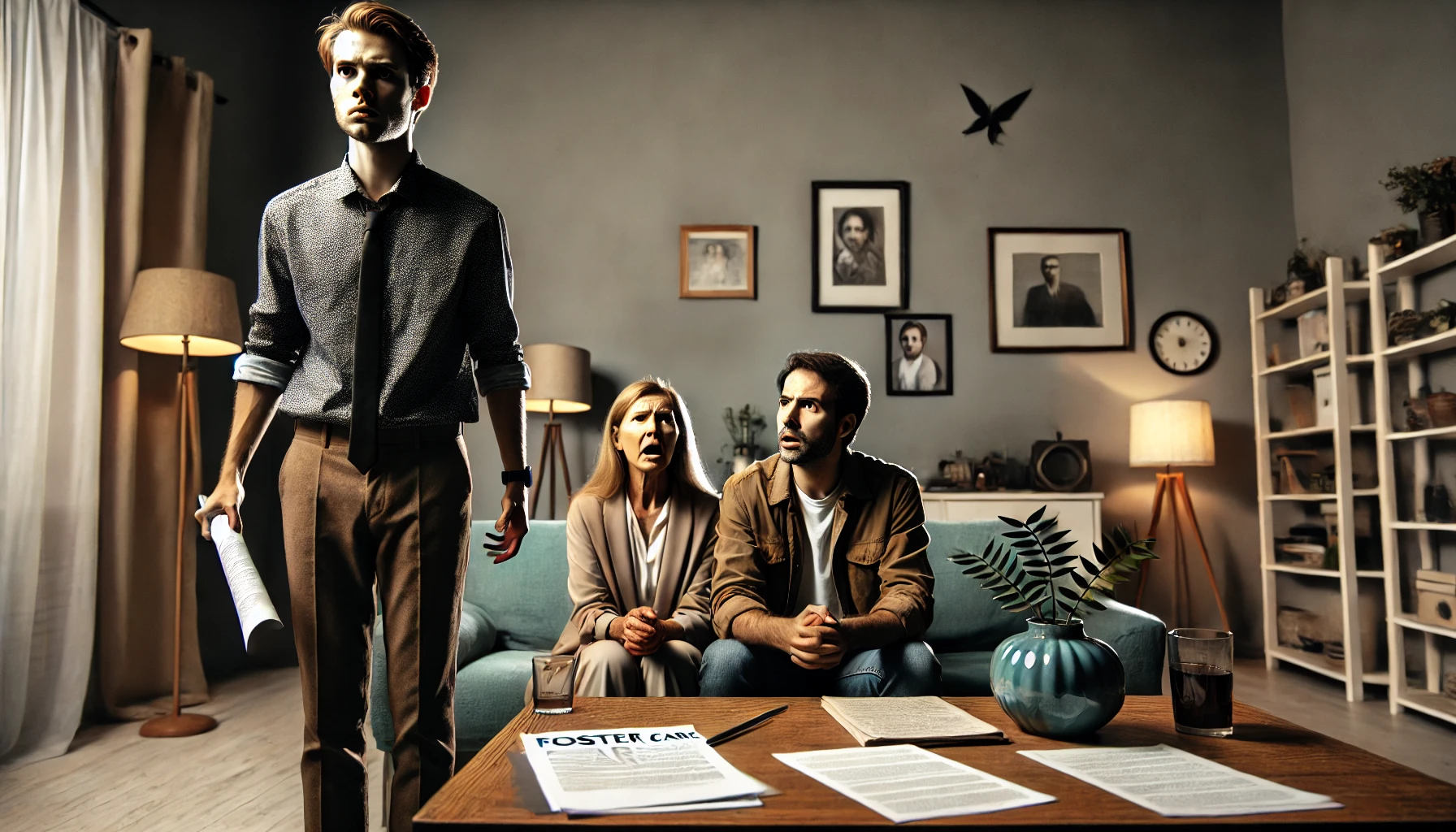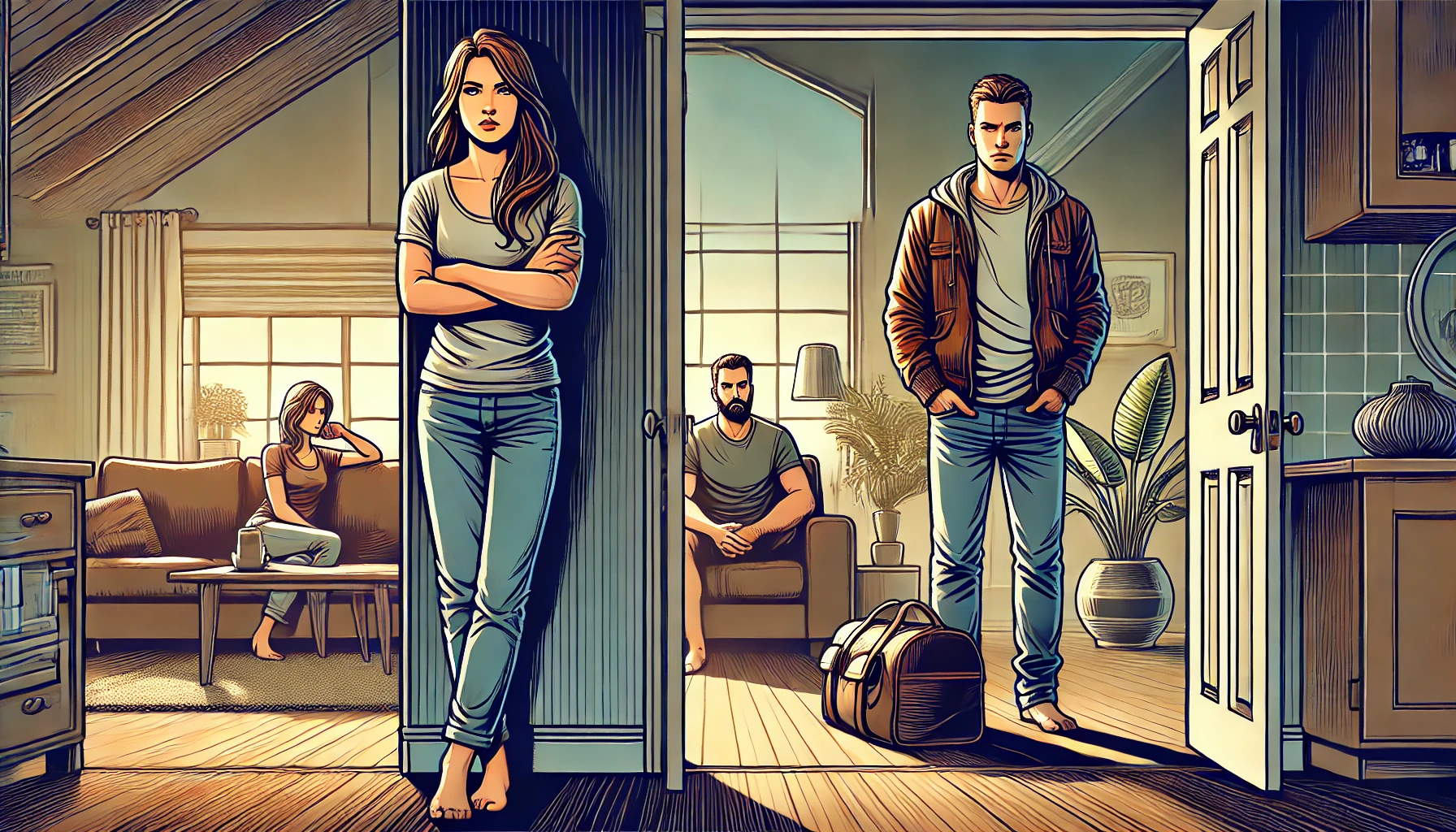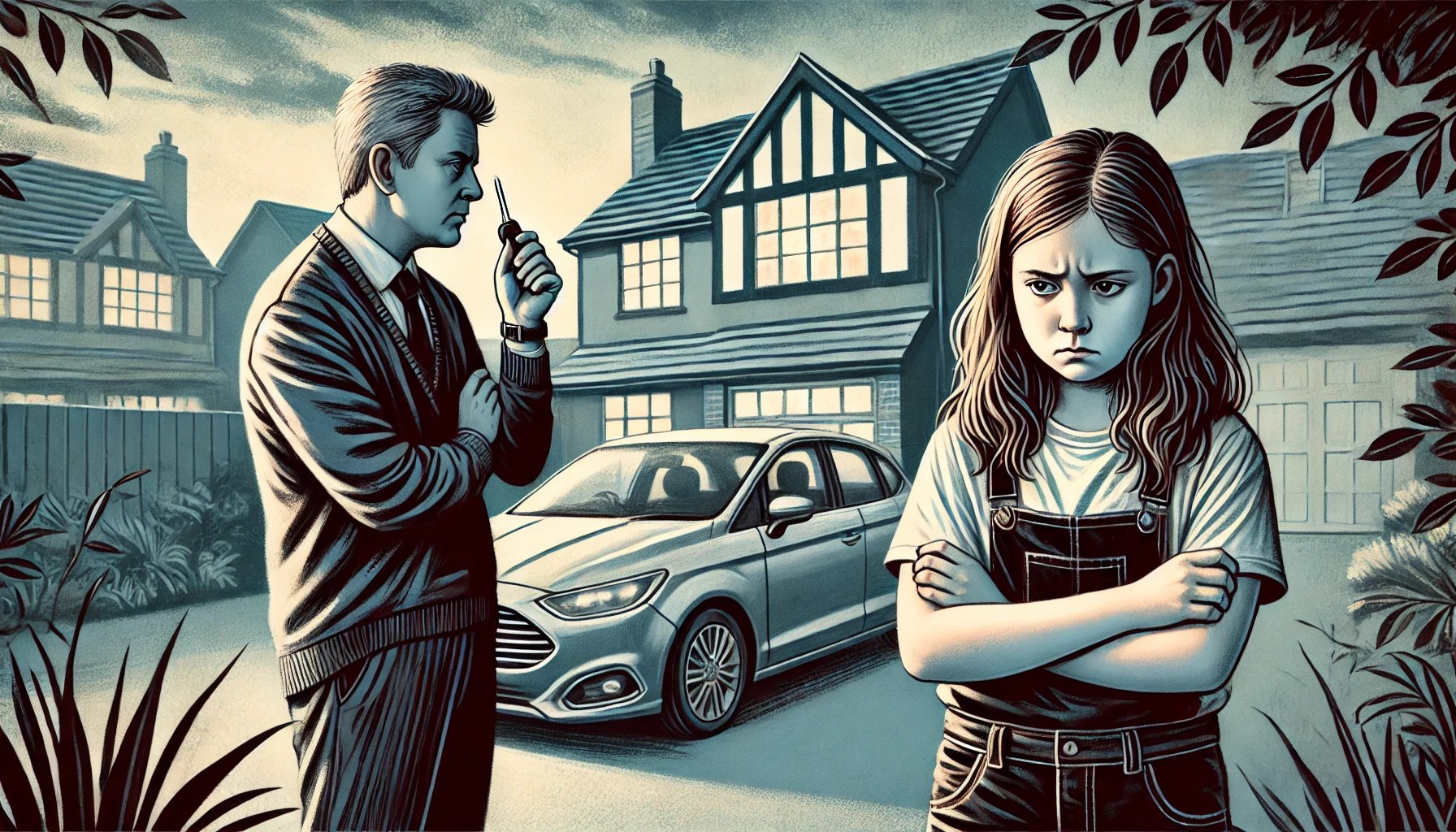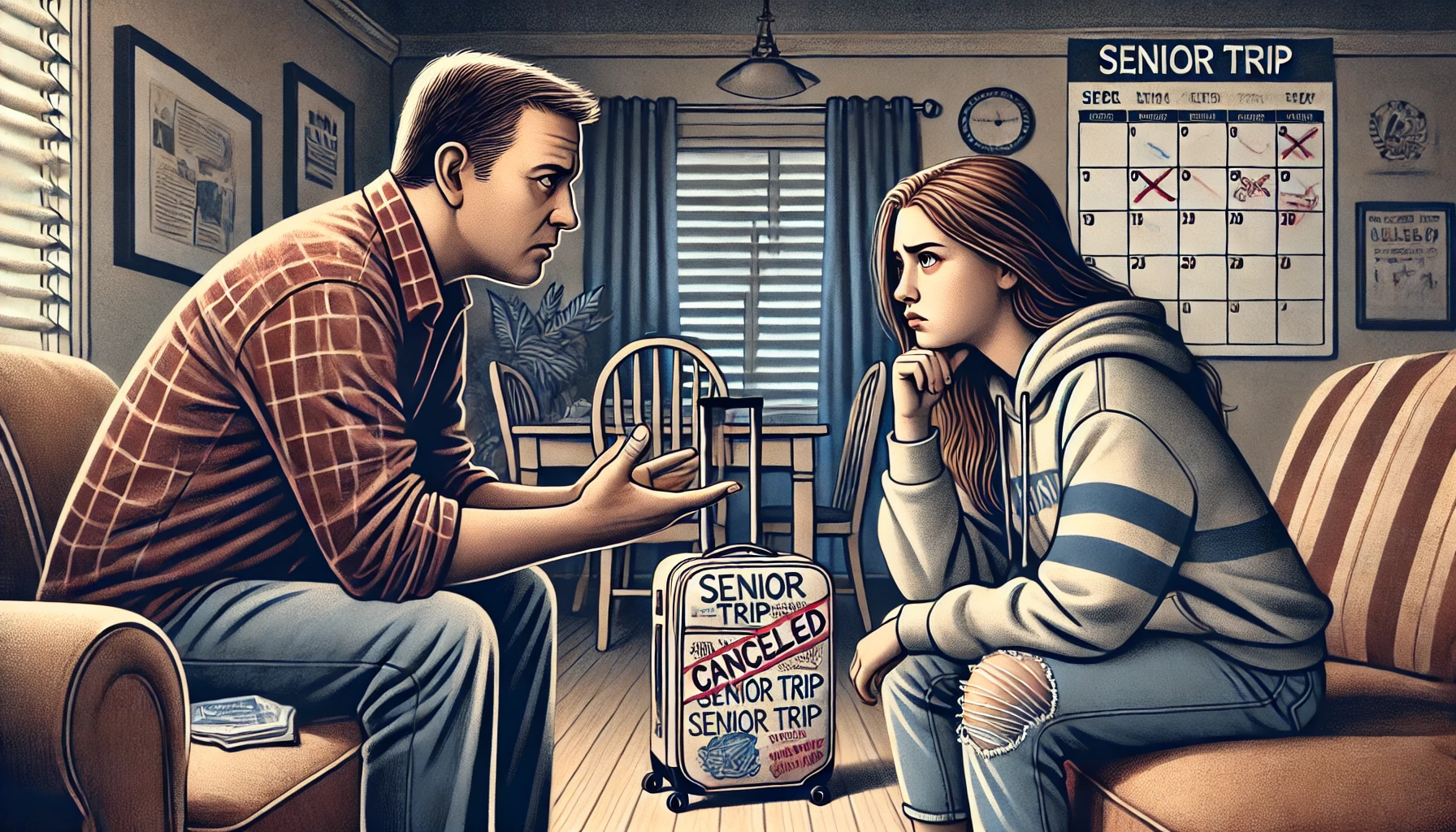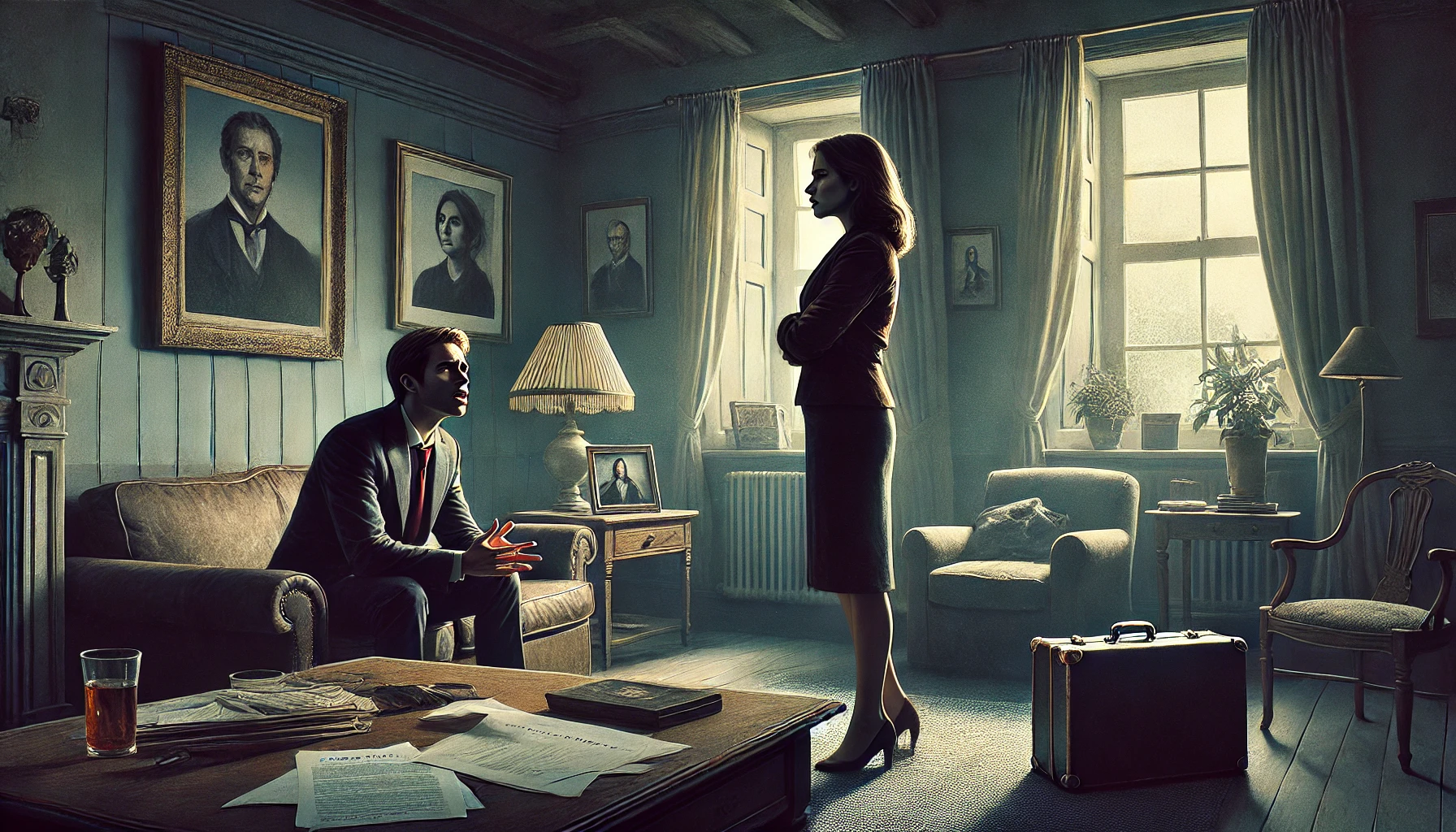I (27M) spent most of my childhood in foster care, but I also had a unique experience. After being removed from my parents, I lived with relatives for a year. They didn’t want me and only took me in out of obligation. That year was by far the worst of my life—worse than the 11 years I spent in foster care afterward.
Their resentment toward one of my parents meant there was no love, affection, or kindness for me. I still don’t know why they agreed to take me in. After a year, they told the caseworker they couldn’t do it anymore, and I entered the system fully. While I had my share of terrible foster families, none of them compared to the emotional damage I experienced living with relatives who clearly didn’t want me.
The experience left lasting scars. Growing up, I heard constantly how “family should stick together” and how family love was a given. So as a kid, not being loved by family made me feel completely unlovable. Even though I knew on some level that their resentment came from issues with my parent, I still blamed myself.
It took me over a decade—and therapy after I aged out of the system—to heal from that year of my life.
This brings me to the situation at hand. My wife’s sister and her husband were approached to take in the husband’s two very young half-siblings. He’s never met them, has no interest in a relationship with them, and doesn’t care about their well-being. However, he and my SIL are worried about how it would look if they said no, especially since there’s no other biological family available, and the only alternative for the kids is foster care.
They asked for my advice since they knew I had some experience. I told them that foster care is better than being taken in by family who doesn’t want you. I explained how much more damaging it is for kids to be raised by relatives who treat them with indifference or disdain. I told them that unless they were willing to form a genuine relationship and provide a loving environment, taking the kids in would do more harm than good. Indifference from biological family can leave deep emotional scars.
A friend of theirs, who was present during the conversation, was outraged by my comments. She argued that foster care is the worst place for a child and that even indifferent biological relatives are better than the potential abuse kids face in the system. I pushed back, sharing that in my experience, foster care—though imperfect—was far better for me than being with family who didn’t want me.
She accused me of being biased and failing to consider the “realities” of foster care.
AITA for what I said?
